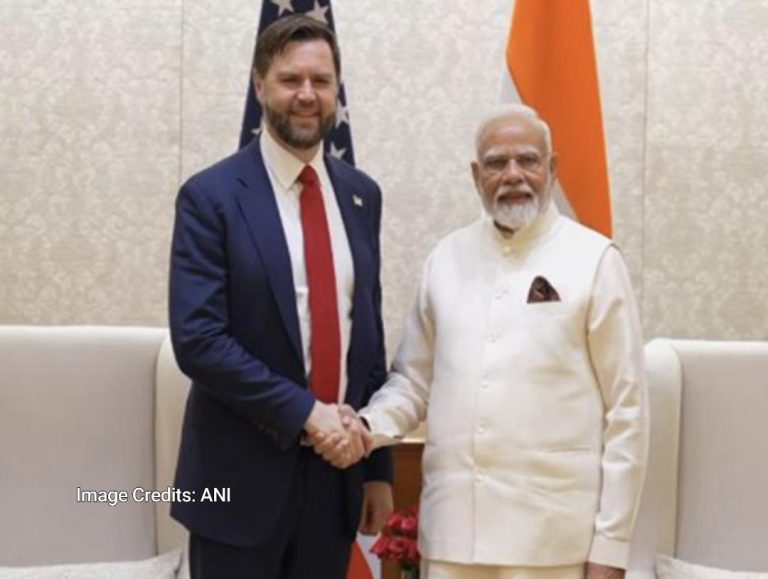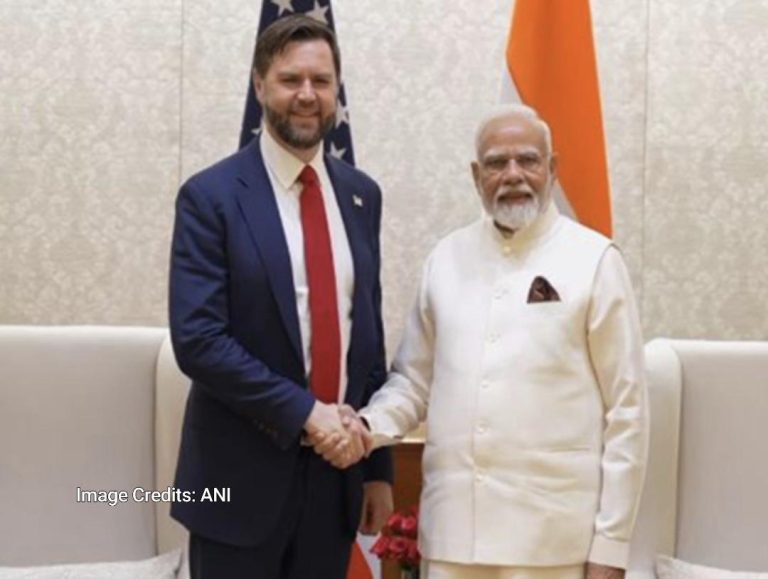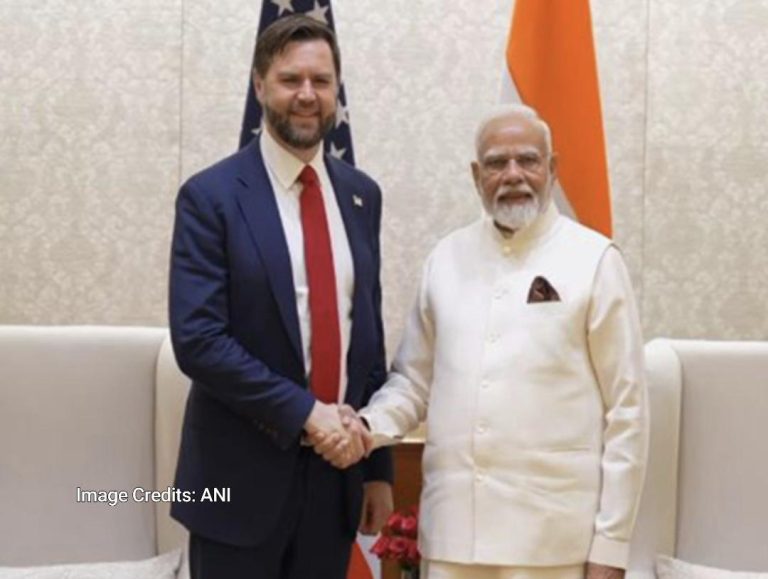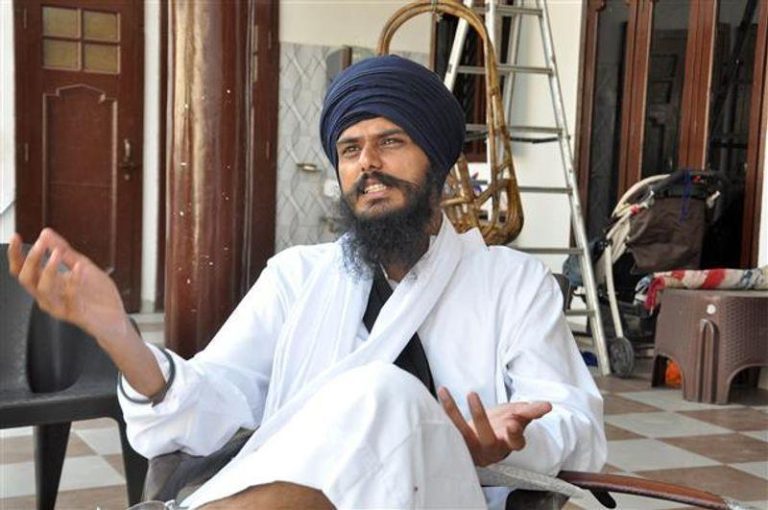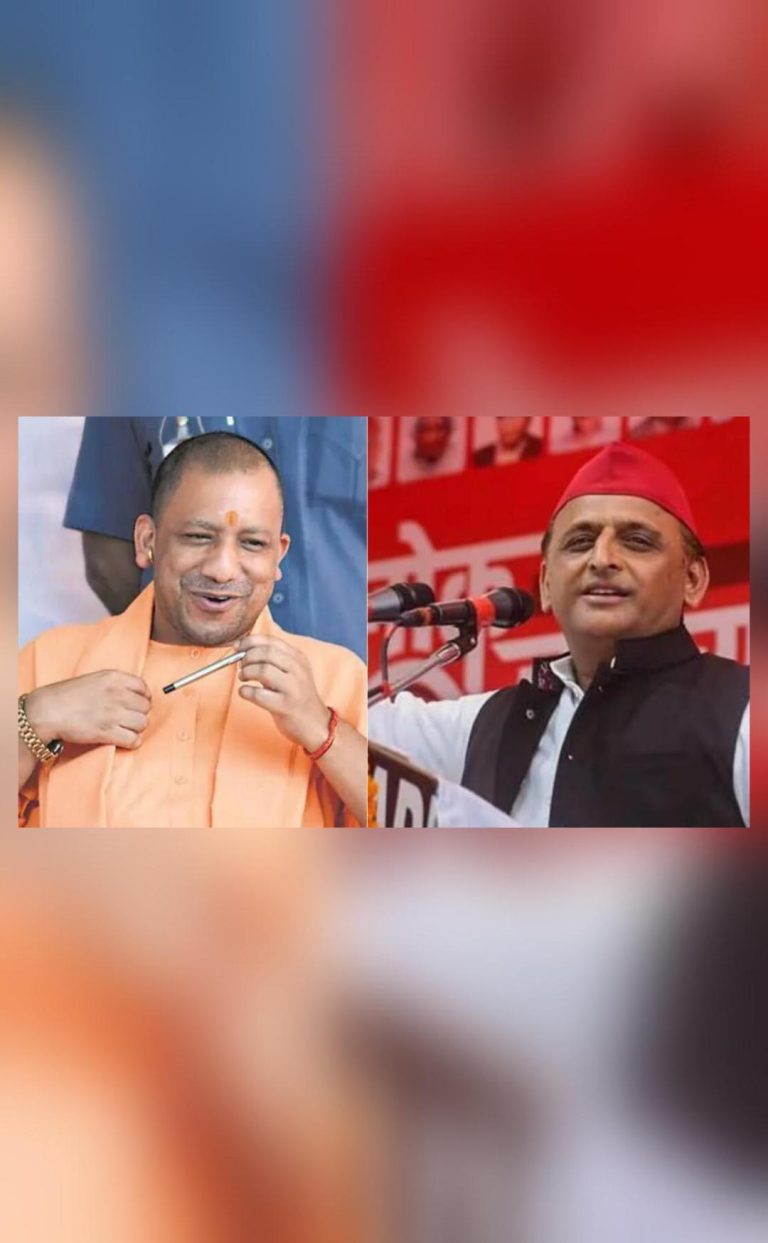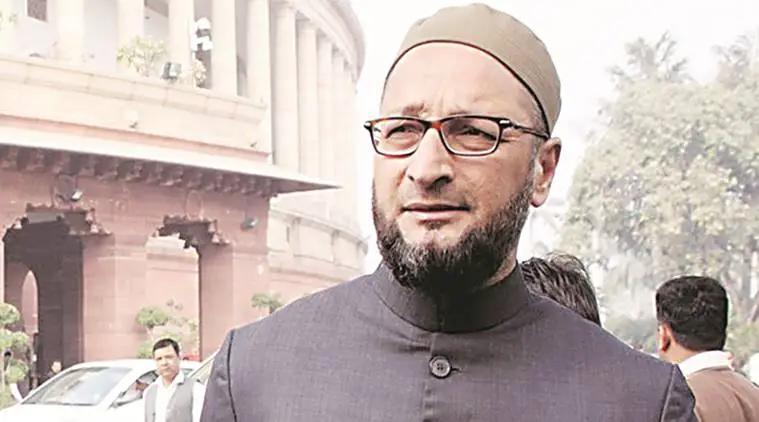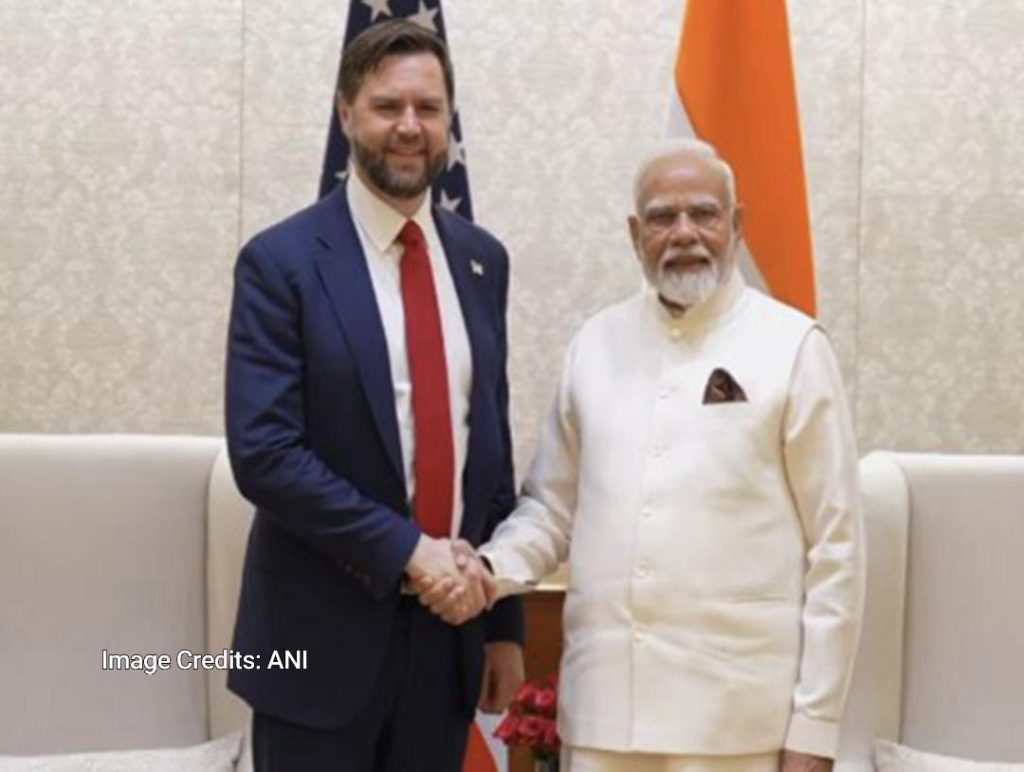
PM Modi & JD Vance welcome progress of India-US trade talks
In a significant development, Prime Minister Narendra Modi met with US Vice President JD Vance and welcomed the “significant progress” made in the talks on the India-US Bilateral Trade Agreement. The meeting, which took place on April 21, 2022, marked a crucial step forward in strengthening the economic ties between the two nations. The two leaders also discussed ways to boost cooperation in key sectors such as energy, defence, and technology, and emphasized the importance of dialogue on global issues.
As reported by ANI News, the meeting between PM Modi and VP Vance was a result of ongoing trade discussions between the two nations, which have been ongoing since the US imposed reciprocal tariffs on several countries, including India, in 2020. The tariffs were imposed in response to the Indian government’s decision to impose retaliatory tariffs on certain US products.
The India-US Bilateral Trade Agreement has been a long-standing goal for both nations, with the aim of increasing trade and investment between the two countries. The agreement is expected to cover a wide range of issues, including tariffs, intellectual property, and agricultural trade.
During the meeting, PM Modi and VP Vance emphasized the importance of strengthening the economic ties between the two nations. PM Modi noted that the India-US trade relationship has significant potential for growth and development, and that the two countries should work together to achieve greater cooperation and mutual benefit.
VP Vance echoed PM Modi’s sentiments, stating that the US is committed to strengthening its ties with India and working together to promote economic growth and development. He also emphasized the importance of dialogue on global issues, such as climate change, terrorism, and economic inequality.
The two leaders also discussed the potential for cooperation in key sectors such as energy, defence, and technology. PM Modi noted that India and the US have a significant potential for cooperation in these areas, and that the two countries should work together to promote innovation and entrepreneurship.
In the energy sector, the two leaders discussed the potential for cooperation on renewable energy and energy efficiency. PM Modi noted that India is committed to reducing its carbon footprint and increasing its use of renewable energy sources, and that the US can play an important role in helping India achieve these goals.
In the defence sector, the two leaders discussed the potential for cooperation on defence technology and innovation. PM Modi noted that India and the US have a significant potential for cooperation in this area, and that the two countries should work together to promote defence innovation and entrepreneurship.
In the technology sector, the two leaders discussed the potential for cooperation on artificial intelligence, biotechnology, and other emerging technologies. PM Modi noted that India and the US have a significant potential for cooperation in this area, and that the two countries should work together to promote technological innovation and entrepreneurship.
The meeting between PM Modi and VP Vance comes amid ongoing trade discussions between the two nations. The US has been pushing for greater market access for its agricultural products in India, while India has been seeking greater access to the US market for its pharmaceutical and IT products.
The India-US Bilateral Trade Agreement is expected to be a major step forward in strengthening the economic ties between the two nations. The agreement is expected to cover a wide range of issues, including tariffs, intellectual property, and agricultural trade.
In conclusion, the meeting between PM Modi and VP Vance marked a significant step forward in strengthening the economic ties between India and the US. The two leaders welcomed the “significant progress” made in the talks on the India-US Bilateral Trade Agreement and emphasized the importance of dialogue on global issues. The meeting demonstrated the strong commitment of both nations to strengthening their economic ties and promoting greater cooperation and mutual benefit.
